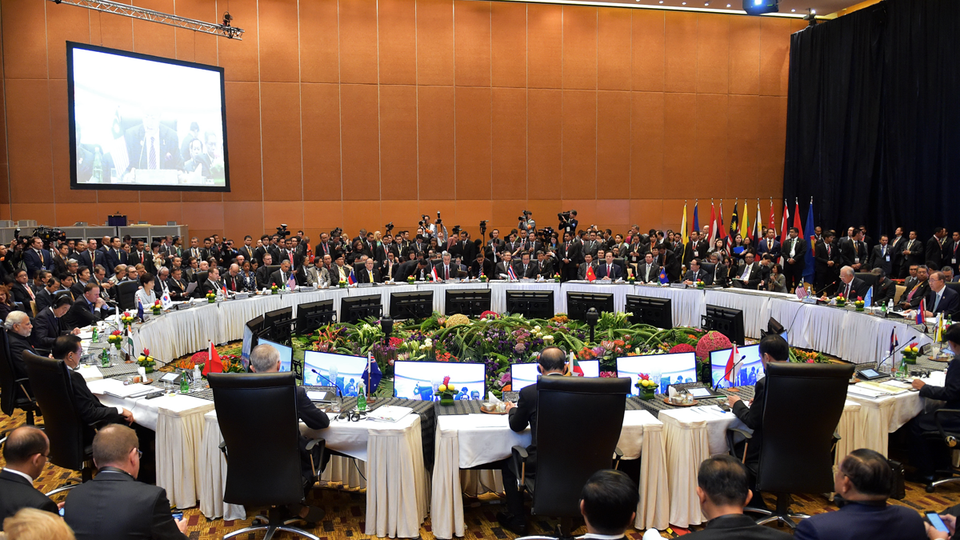World
Human Rights Watch Urges Leaders to Reject Myanmar’s Upcoming Elections

Human Rights Watch (HRW) has called on leaders attending the upcoming ASEAN and East Asia Summit in Kuala Lumpur to firmly oppose Myanmar’s military junta and its planned national elections this December. The rights organization denounces these elections as a “sham” that would deepen ongoing repression and violence within the country.
In a letter addressed to the governments participating in the ASEAN and East Asia Summits, HRW urged member states to refrain from recognizing the junta’s elections, escalate diplomatic isolation of Myanmar’s military rulers, and enhance humanitarian and refugee assistance. The organization emphasized that the situation represents one of the worst displacement crises in Asia since the Second World War.
Escalating Violence and Humanitarian Crisis
Since seizing power in a coup on February 1, 2021, Myanmar’s military, led by Senior General Min Aung Hlaing, has employed violent tactics to suppress pro-democracy advocates and ethnic resistance groups. HRW reports that over 3.5 million people have been displaced, with millions facing acute food insecurity. The organization has documented widespread incidents of airstrikes, artillery shelling, and deliberate attacks on civilians and civilian infrastructure.
HRW’s letter highlights a new election law enacted on July 30, which criminalizes any protest or criticism of the elections, imposing penalties that can include death. In a troubling incident, a man was sentenced in September to seven years of hard labor for posting critical comments online about the upcoming elections.
Under international humanitarian law and the regulations of the International Criminal Court (ICC), attacks directed at civilians or humanitarian workers may be prosecutable offenses. Although Myanmar is not a State Party to the ICC, there are ongoing investigations into crimes committed against the Rohingya that involve cross-border actions with Bangladesh. Legal experts suggest that this precedent could be expanded if the United Nations Security Council refers the situation to the ICC.
A Call for Collective Action
HRW insists that ASEAN leaders must “categorically reject” any recognition of these elections as legitimate. Their stance is supported by statements from the UN High Commissioner for Human Rights and UN Special Envoy Julie Bishop, both of whom have cautioned that elections conducted under the current conditions could further escalate violence and destabilize the region.
Former foreign ministers from ASEAN have recently advocated for a “complete strategic reset” regarding Myanmar, aligning their views with HRW’s assertion that the regional bloc’s Five Point Consensus (5PC) has been ineffective. According to ASEAN’s own charter, the organization is committed to strengthening democracy, promoting good governance, and protecting human rights and fundamental freedoms.
Legal scholars argue that continued engagement with the junta without consequences undermines these commitments and threatens ASEAN’s credibility as a rules-based institution. HRW’s letter also underscores the humanitarian consequences, noting that over four million Myanmar nationals currently reside in Thailand, with nearly half lacking proper documentation. Additionally, around 180,000 Rohingya refugees in Malaysia face threats of arrest and deportation.
In light of these challenges, HRW has called on ASEAN governments to increase humanitarian aid contributions, restore funding from the United Nations, and commit to protecting refugees from forced return. International law imposes clear obligations regarding the treatment of refugees, particularly the principle of non-refoulement, which prohibits returning individuals to countries where they face persecution or serious harm.
HRW emphasizes that ASEAN members must reaffirm this principle and halt maritime “pushbacks” of Rohingya asylum seekers intercepted at sea. The organization praised Thailand for implementing new regulations that allow registered Myanmar refugees the right to work, suggesting that similar measures should be adopted by Malaysia and other countries to mitigate economic vulnerability and exploitation.
While ASEAN traditionally adheres to the principle of non-interference in member states’ affairs, HRW argues that the bloc’s commitment to human rights provides a moral and legal basis for collective action when a member’s conduct poses a threat to regional peace and stability.
-

 Science2 months ago
Science2 months agoInventor Achieves Breakthrough with 2 Billion FPS Laser Video
-

 Health2 months ago
Health2 months agoCommunity Unites for 7th Annual Into the Light Walk for Mental Health
-

 Top Stories2 months ago
Top Stories2 months agoCharlie Sheen’s New Romance: ‘Glowing’ with Younger Partner
-

 Entertainment2 months ago
Entertainment2 months agoDua Lipa Aces GCSE Spanish, Sparks Super Bowl Buzz with Fans
-

 Health2 months ago
Health2 months agoCurium Group, PeptiDream, and PDRadiopharma Launch Key Cancer Trial
-

 Top Stories2 months ago
Top Stories2 months agoFormer Mozilla CMO Launches AI-Driven Cannabis Cocktail Brand Fast
-

 Entertainment2 months ago
Entertainment2 months agoMother Fights to Reunite with Children After Kidnapping in New Drama
-

 World2 months ago
World2 months agoR&B Icon D’Angelo Dies at 51, Leaving Lasting Legacy
-

 World2 months ago
World2 months agoIsrael Reopens Rafah Crossing After Hostage Remains Returned
-

 Business2 months ago
Business2 months agoTyler Technologies Set to Reveal Q3 Earnings on October 22
-

 Health2 months ago
Health2 months agoNorth Carolina’s Biotech Boom: Billions in New Investments
-

 Health2 months ago
Health2 months agoYouTube Launches New Mental Health Tools for Teen Users









